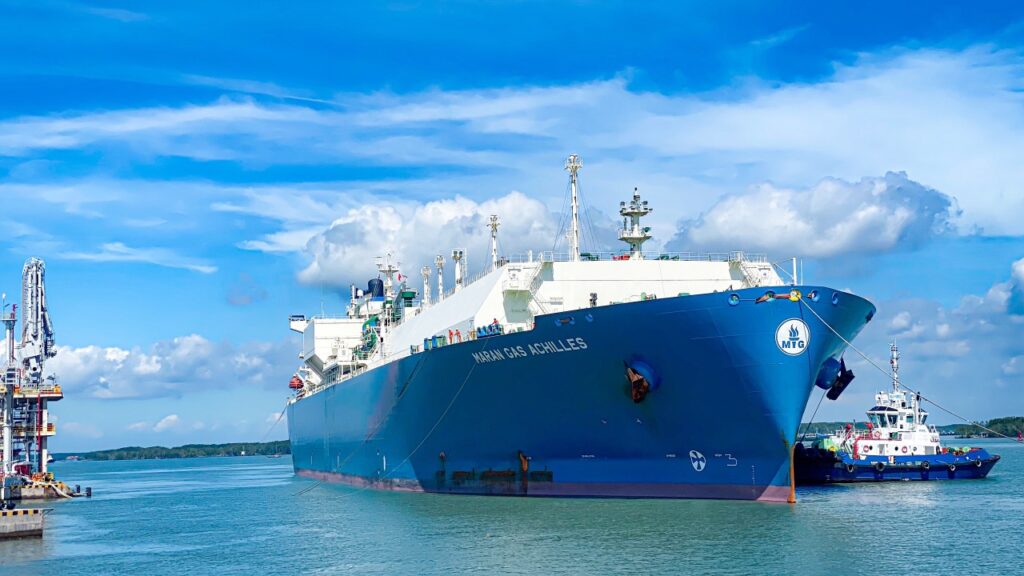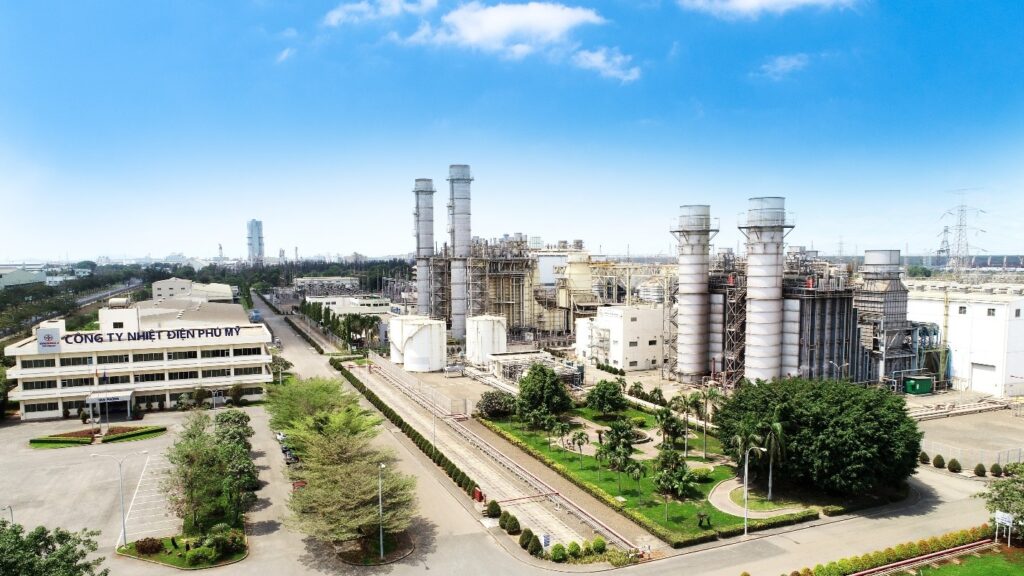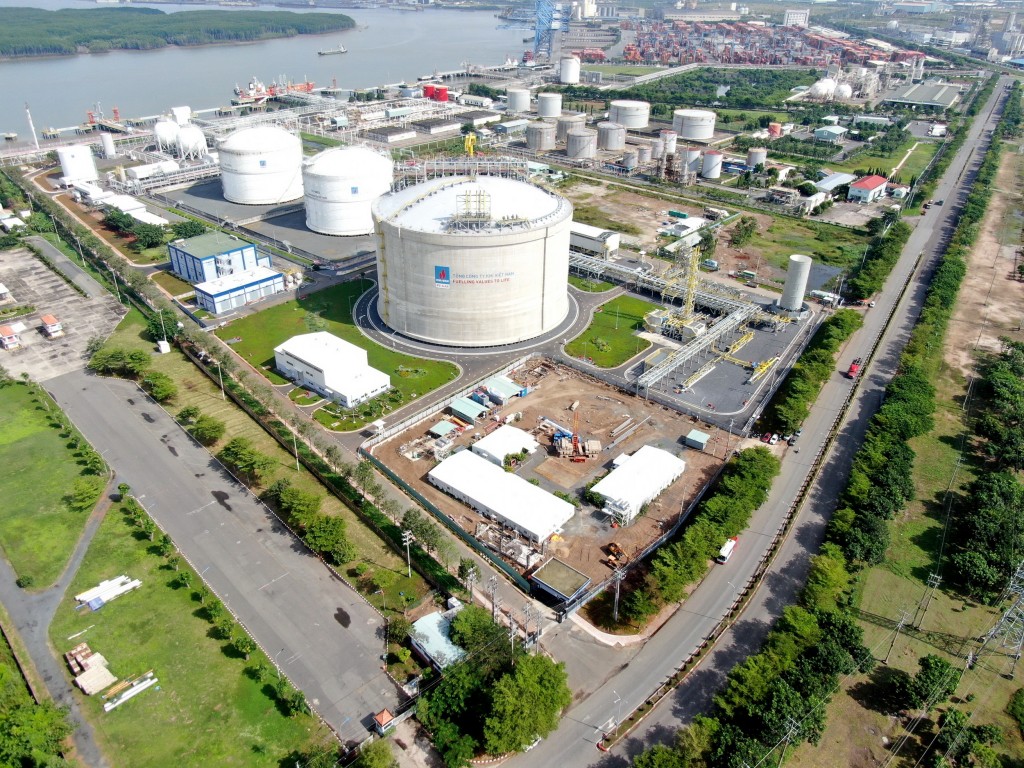One of the main and important applications of steel pipes produced by PV PIPE is the transportation of gas, specifically LNG. Let’s explore an overview of the product in this article.
LNG (Liquefied Natural Gas) is a form of natural gas that is cooled to extremely low temperatures, causing it to transform into a liquid state. This process not only reduces the volume of the gas but also facilitates its transportation and storage. LNG has rapidly become an important energy source globally, especially in the context of increasing energy demand and the necessity to minimize negative environmental impacts.
One of the standout features of LNG is its ability to reduce greenhouse gas emissions. Compared to other fossil fuel sources like coal and oil, LNG emits less carbon dioxide when burned. This helps improve air quality and mitigate climate change, an issue that is becoming increasingly urgent.
LNG also offers high flexibility in transportation. When liquefied, natural gas can be transported by LNG carriers over long distances, allowing countries without domestic natural gas resources to access this clean energy source. This not only enhances energy security but also creates opportunities for economic development in various nations.

The role of LNG in energy supply is becoming increasingly evident. In the electricity generation sector, LNG has become a popular choice for power plants due to its ability to provide stable and cleaner energy. Transitioning to LNG not only helps reduce pollution but also enhances the efficiency of electricity production.
Additionally, LNG is being utilized across various industries. Many companies in the oil and gas sector have shifted to using LNG to lower energy costs and improve production efficiency. This not only brings economic benefits but also contributes to the sustainable development of the economy.

In the transportation sector, LNG is gradually being adopted as a clean fuel for vehicles. Switching to LNG not only helps reduce pollution but also saves fuel costs, aligning with sustainable development goals.
Finally, with its significant export potential, LNG is helping many countries generate substantial revenue. LNG exports not only provide economic benefits but also elevate a country's status in the global energy market.
In summary, LNG is not just a source of energy; it is a crucial element in sustainable development strategies. With its outstanding advantages and essential role in energy supply, LNG is sure to continue contributing to economic growth and environmental protection in the future.






